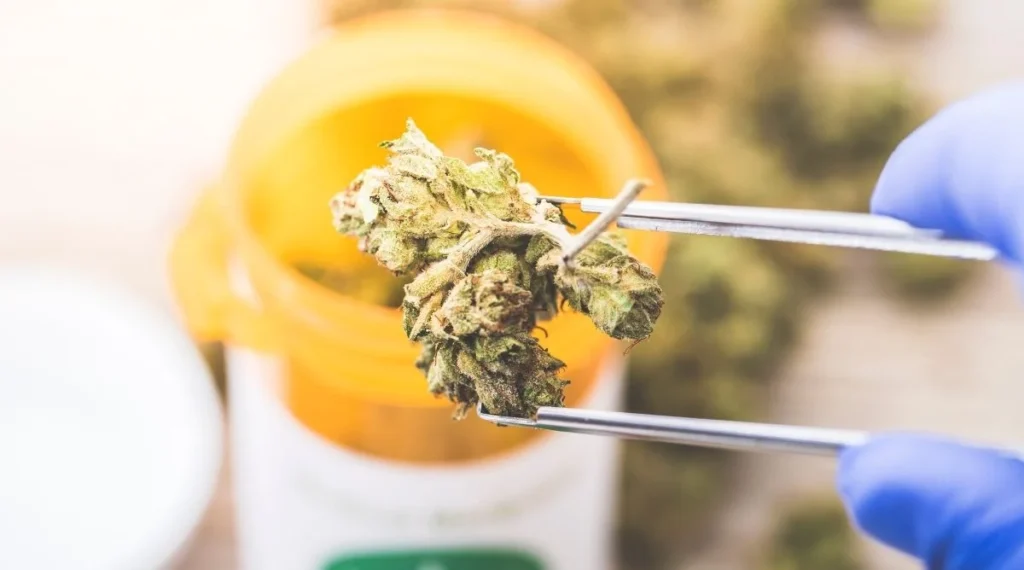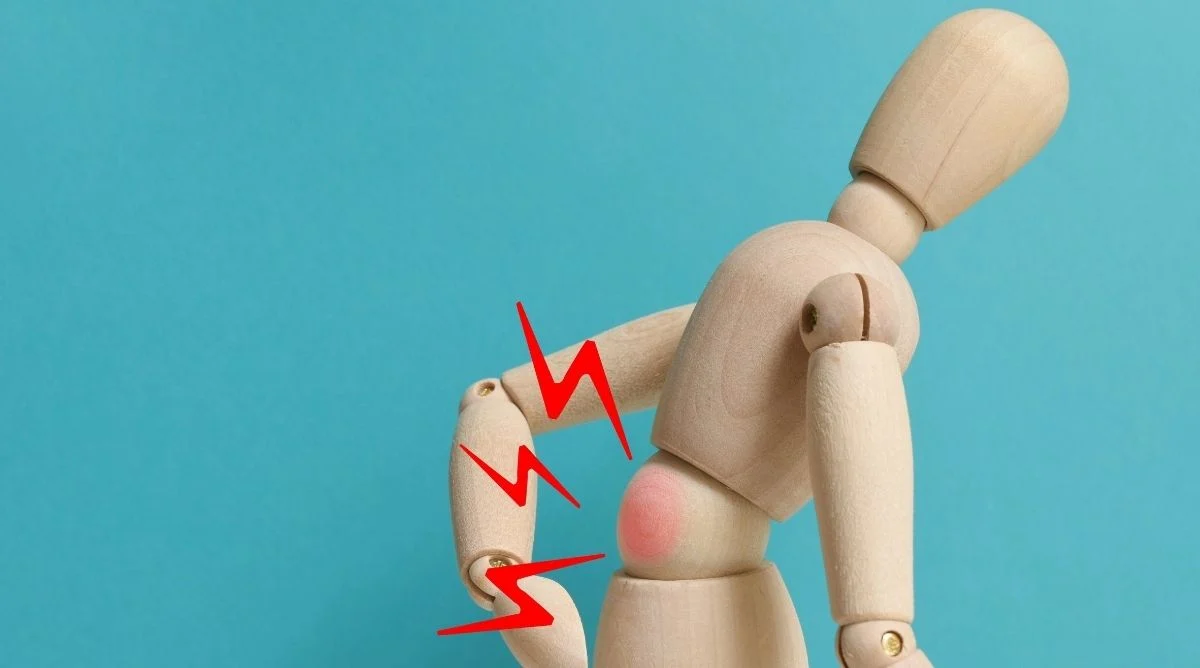The first health evaluation a patient has for their medical card can be intimidating. The concept of legalized medical marijuana is new to everyone. But the social stigma about cannabis remains. And patients can feel a little nervous about their first medical card health evaluation.
By the time you have been through it once, you know what to expect. Nothing interrogative. Just some questions about your medical history, current symptoms, and diagnosis of one of the qualifying health conditions. The health evaluation exists to help ensure the safety of patients with physical or mental health needs.
After surviving the first medical card evaluation with a doctor, you realize you are going to have to return once per year. The annual requirement to renew your medical cannabis card. While also continuing to get expert medical advice about treating your symptoms with cannabis.
Does your primary care doctor have to be the one to refer you for a medical card? And if you have a different doctor for your medical card, should you allow them both to share notes? Learn why some people prefer to renew with the same doctor every year.
Should You Tell Your Primary Care Provider You Got Your Medical Card?
If you have known your doctor for a long time, you may feel a little embarrassed to ask them questions about medical marijuana. There may be privacy concerns, i.e., will your physician tell your mom you got a medical card? Or your kids?
Often patients are concerned that they are going to be judged for their use of medical cannabis. Especially if they know their physician doesn’t support the use of medical marijuana. Then you must have that awkward conversation where your doctor may try to talk you out of using cannabis.
You have the right to try medical cannabis as a therapeutic option if you live in a state that has legalized cannabis. All physicians should be able to refer you to your statewide medical cannabis program. For a variety of reasons, many doctors prefer not to.
If you arrived at the decision to go to a different doctor for your medical cannabis certification exam, you aren’t alone. Many patients prefer to keep the two separate, with a practitioner that specializes in alternative medicine like MMJ. And never the two shall meet?
Not so fast. The relationship with your referring practitioner or doctor for your medical card shouldn’t be an annual meet up for your renewal. In fact, if you are managing symptoms of chronic disease, there are five great reasons to stay in touch.

1. Your Qualifying Health Condition May Change
We know what you are thinking. Does it really matter if my qualifying health condition changes after I get my medical card? Yes, it matters to help protect your health. If an old condition or disease resolves, you may not be qualified to have a medical card.
You can see why people often hesitate to report that they no longer have a qualifying health condition. There goes your medical card, right? In some states, this is a strict requirement. For example, if it were discovered that the symptom was well resolved, the patient could get into trouble.
Other states have not made change of status requirements for patients other than updating contact information like telephone numbers, email, and addresses. Or to update the medical cannabis authority when a cardholder has passed away.
Symptoms disappearing could be a sign of something good or bad. However, it is also information that helps the patient stay one step ahead of chronic disease. Be honest with your physician about symptoms and changes so that you can adjust your treatment plan as needed.
2. The Symptoms of Your Chronic Disease May Worsen After You Get Your Medical Card
If you rated mild to moderate on the pain scale, your physician may have recommended a lower-THC medical marijuana. In some states, the physician is responsible for determining the dosage and the potency of the cannabis they are prescribing to their patient.
It is up to the expert. Your doctor. But in other states, patients can choose for themselves at a dispensary. And rely on the advice of a budtender or assistant that works at the dispensary for advice on strains and intake methods.
But what happens if your chronic pain advances? Frequently chronic pain gets worse. And as pain levels move from moderate to severe, patients can find themselves impaired by the pain. But not by the medical cannabis they use.
When treating chronic pain, many physicians recommend taking cannabis ahead of the pain curve. Or preemptively so that the patient doesn’t have to experience the full level of discomfort. That could mean taking a small edible dose combined with topical creams for localized relief. And then different cannabis strains (Indica’s) for sedative nighttime use.
3. You May Have Changed Prescription Medications That Can Be Contraindicated with Cannabis
How quickly can your prescriptions change? Let’s say that your doctor has been monitoring you for hypertension (high blood pressure). Then decided it was time to put you on a Statin medication. And you may not be thinking about whether Statin’s conflict with medical cannabis.
Marijuana is different from other drugs. The overdose rate is low, and to date, there have been no fatalities in the USA attributed to cannabis use alone. Cannabis gets along with a ‘high’ number of prescription medications with no problems. And a small percentage of medications that shouldn’t be mixed with marijuana.
In most cases, the contraindication (conflict) between cannabis and prescription medications impacts potency. Taking prescription medication and cannabis, the medicine may not work as well. Cannabis can lower the potency of some drugs. This means you aren’t getting the right dose.
For cardiovascular issues (as an example), a lower dose can be fatal. Individuals with Type I diabetes who have a contraindication between insulin and cannabis can find their blood glucose levels uncontrolled. And that can lead to an emergency for other prescriptions treating conditions like depression and anxiety, cancer, Parkinson’s Disease and more.
Always make sure that you inform all physicians (primary care and referring practitioner) of any medication changes. It is also a good idea to double-check the supplements you are taking at the same time for more contraindications.

4. Doctors Can Provide Advice on Potency for Symptom Management
In some states, physicians must take a special certification course to refer patients for a medical card. And to conduct the health evaluation for the patient. Other states allow any board-certified physician or practitioner to assist patients with their application.
The physician or practitioner that helps you apply for your medical card can also develop a treatment plan for you. What that means is establishing follow-up appointments and checking on symptom management whether different strains or potencies are working as part of the treatment plan.
You may not be able to determine what potency and frequency you should be taking medical cannabis. But your physician can help you figure it out. And track the progress of your symptom management goals.
5. Renewals Are Fast and Easy
Some physicians and practitioners that provide medical card health evaluations have a system. Before the renewal of your medical card is required, they reach out to remind you with an email, text, or phone call. Giving you plenty of time to schedule your annual health check to renew your medical cannabis card.
Other physicians don’t. And that means you’re going to have to know the expiry date on your medical card. And how early to renew your medical card so that you don’t have a problem. Patients cannot purchase at a dispensary or pick up a prescription without a valid card.
Sticking with one doctor you like, as your medical cannabis specialist, has some advantages. One of them is the relationship that you build with your marijuana doctor. With a treatment plan and follow-up appointments, your practitioner can help make changes to potentially provide better results.
Having a doctor that knows you feels like quality care. And improved safety for the patient. Renewals are faster and easier when you stick with the same practitioner every year. Some practitioners even provide a reduced fee for returning patients and annual renewals.
Featured Image: Canva






